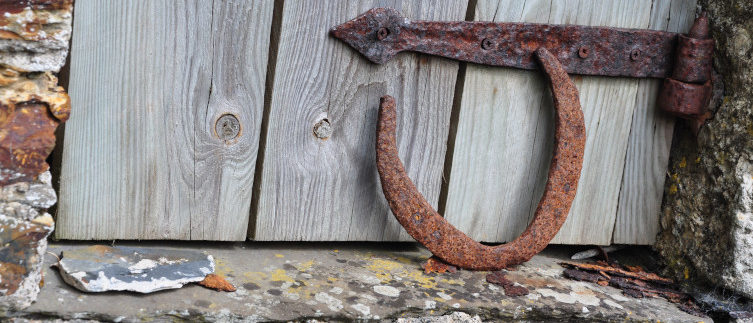With the rise of religions based on books laws became something governed by god as well as secular authorities, this led to situations in which you could ask forgiveness of him (all book religions have a male deity as their center), do penance as assigned by his intermediaries, and then be forgiven absolutely. This is a simple, attractive, way of administering and judging morality. (Granted, secular authority wouldn’t overlook a murderer, but at least one religion allowed for absolute forgiveness and entrance into heaven if one’s deathbed confession was heartfelt and sincere. So you could rob a bank, be shot, make a heartfelt confession, and then die and go to heaven.)
Pagans have no concept of sin like what exists in religions of the book; we don’t put our morality on our Gods, we take it onto and into ourselves. While there are many myths that offer direction for being a positive member of society, it is easy to see Them engaging in a variety of activities that society generally finds distasteful: adultery, theft, lying, deception, murder . . .
Everything we do, every choice we make, has consequences. Each choice is like a drop of rain into a basin of water, rippling outward.An ethical code is more than a line or two of a poem, or even the entire poem. It is a structure that starts in childhood and develops in accordance with your experiences. Your code may not always provide an answer, nor will it necessarily be perfect. It does need to be cohesive.How does it start?Learn true honesty with yourself. This is not a punishment, it is the beginning of creating an accurate vision. It requires courage and a dismantling of the prejudices and nasty mind voice we often have learned to ‘hear’. It also requires learning to not blame others. No one can make us do anything, it is all our choice. This is true even when the choices are few (do this, or don’t), or terrible (work at that soul-sucking job or don’t eat). True honesty is a cultivation of vision that requires looking clearly at ourselves and the world around us without placing blame. In doing this you learn understanding. That leads to better knowledge of the causes behind your actions and decisions and the effects that will arise from your choices.

